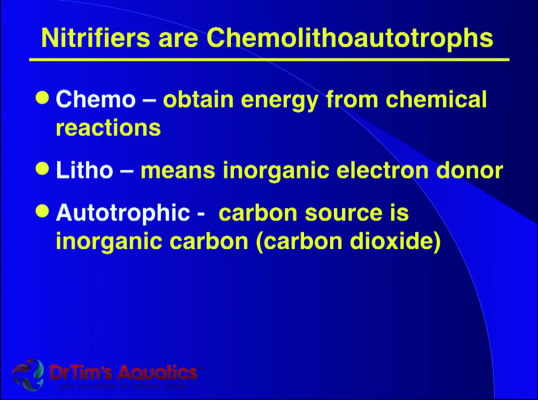sixty_reefer
5000 Club Member
View BadgesArticle Contributor
UK Reef Club Member
Hospitality Award
R2R Research
Just a thought, we are always so keen in doing so much to get nitrifying heterotrophic bacteria to populate our systems at the beginning of our aquariums. Why do we just end up replacing it at a later stage by carbon consumers heterotrophs.


















